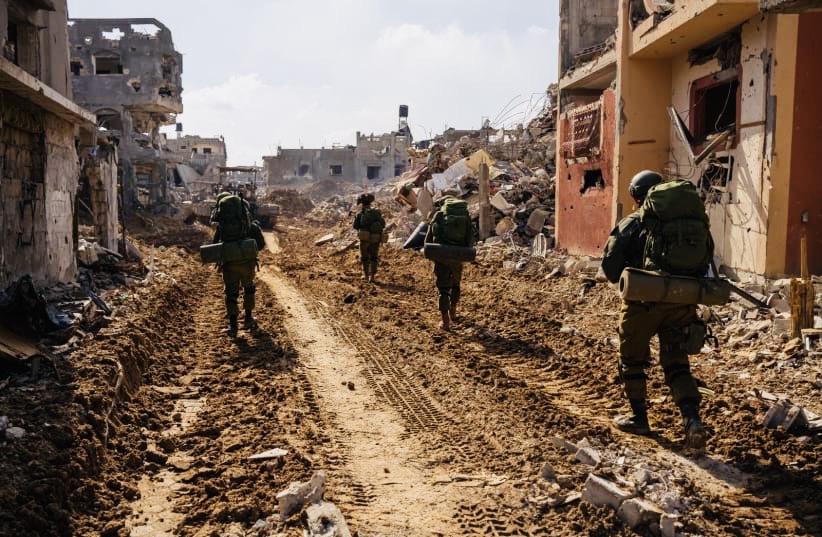Six months since the eruption of the Israel-Hamas war in the Gaza Strip, Israel is still coping with an overwhelming sense of grief, trauma, loss and uncertainty.
October 7, the day some 3,000 Hamas terrorists stormed into Israel in the darkest day in its history and the deadliest single rampage against Jews since the Holocaust, has been etched into Israel’s consciousness.
One hundred and eighty four days after Hamas launched its monstrous attack in southern Israel, killing roughly 1,200 Israeli civilians and soldiers and abducting about 250 hostages, Israel is bogged down in what appears to be a war of attrition.
It is Israel’s longest armed conflict since the 1948 War of Independence.
The war is not confined to Gaza.
Israel is fighting on several fronts. It is battling Hezbollah in Lebanon in low-intensity battles that may yet degenerate into a full-fledged war. And it is fending off rocket and drone attacks from the Houthis in Yemen and an assortment of militias in Iraq, all of which are proxies of Iran, Israel’s most serious enemy.
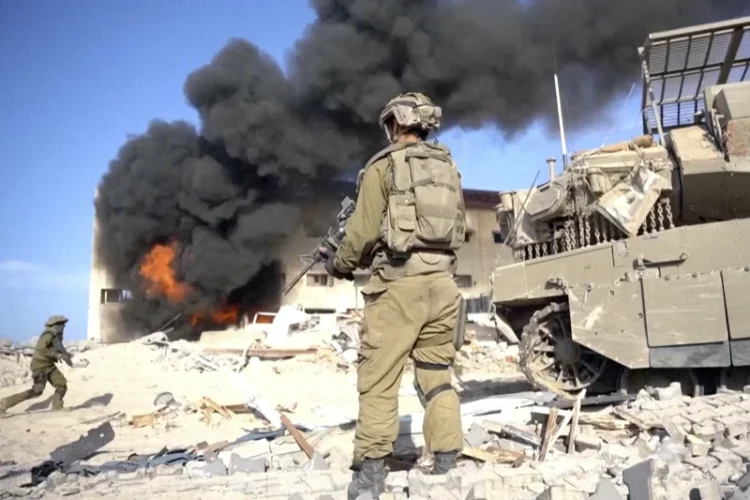
In response, Israel launched a massive counter-attack, first bombing Gaza in a relentless air campaign and then pummelling it in a ground invasion.
Two hundred and sixty Israeli soldiers have fallen so far. This does not include the nearly 400 troops who were killed during Hamas’ incursion.

“What was in Gaza, will be no more,” Israeli Defence Minister Yoav Gallant said shortly after Israel declared war on Hamas, a Palestinian organization that rejects Israel’s existence and seeks to replace it with an Islamic state encompassing Gaza, the West Bank and Israel.
Gallant was not engaging in hyperbole. Israel’s ground offensive has been ruthless, having destroyed or disabled 18 of Hamas’ 24 battalions, eliminated several of its top commanders, and taken out around 13,000 of its foot soldiers.
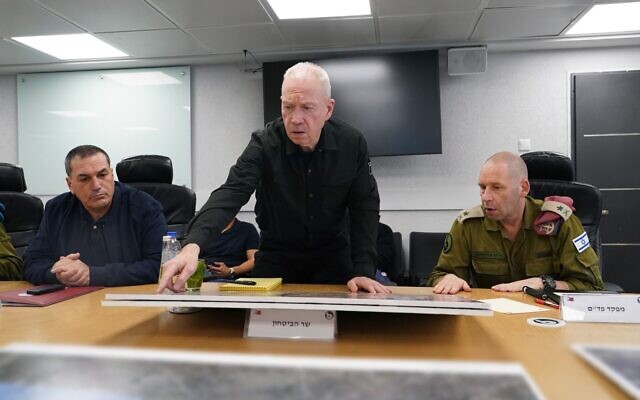
Israel has exacted an extremely heavy price on Gaza in the process, having obliterated much of its infrastructure, levelled about 40 percent of its residential and commercial buildings, killed in the vicinity of 20,000 civilians, and displaced 85 percent of its 2.3 million inhabitants.
The humanitarian crisis that has since emerged has cost Israel dearly.
The atrocities of October 7 have been virtually forgotten or cast aside by much of the international community. Israel has been unfairly accused of genocide. It has been somewhat diplomatically isolated. And it is under constant pressure to agree to a ceasefire, which could only benefit Hamas by virtue of it remaining in power and regrouping to fight another day.
Israel’s overarching objective in this cross-border war, the fifth and by far the most costly since 2008, is to eradicate Hamas and remove it as Gaza’s governing authority. To an extent, Israel has succeeded. “Victory is within reach,” said Prime Minister Benjamin Netanyahu on April 4. “It’s very close, and there is no substitute for victory.”
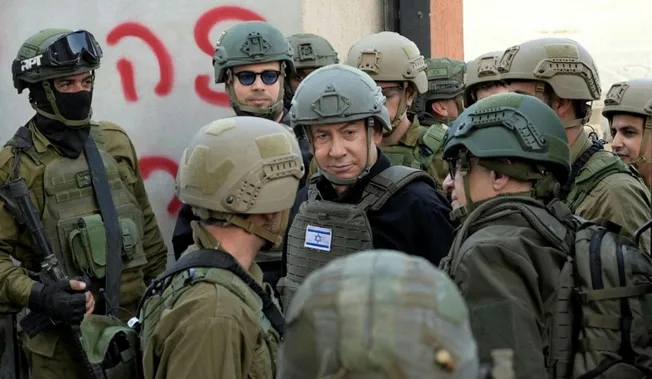
In retrospect, however, Israel is still a long way off from defeating Hamas decisively, as Israel’s chief of staff of the armed forces, General Herzi Halevi, acknowledged on April 7.
Clashes pitting Israeli soldiers against Hamas fighters occur on a daily basis, underscoring Israel’s failure to clear and maintain control of conquered terrain, or hand it over to the Palestinian Authority.
Israel withdrew all of its maneuvering ground forces from southern Gaza on April 7, leaving only one brigade to secure a road in the center which splits the coastal enclave in half. This begs the question whether Hamas will fill this vacuum and regain these areas.
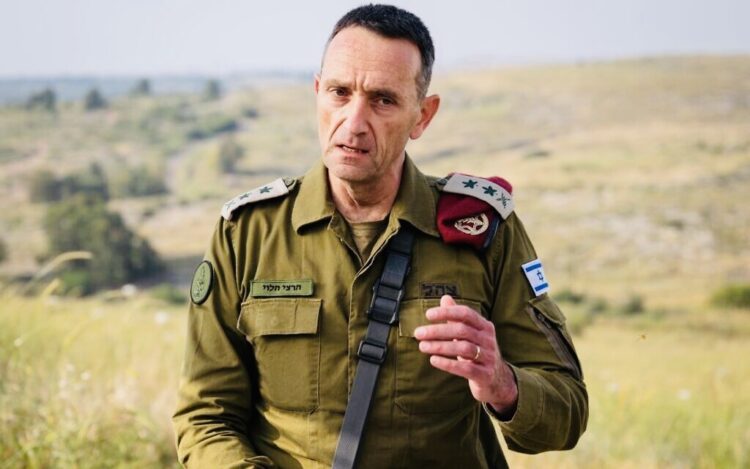
Israel has blown up numerous Hamas tunnels, but a substantial proportion of its tunnel system remains intact. Hamas is firing far fewer rockets at Israel, but its rocket stock has yet to be depleted. Hamas’ leadership, from Yahya Sinwar on down, has not been uprooted, though several of its key commanders have been assassinated by Israeli strikes.
It is debatable whether Israel will ultimately invade Rafah, Hamas’ last urban stronghold, in a bid to destroy its four battalions there. Netanyahu and Gallant are determined to do so, but the United States, Israel’s chief ally, is skeptical of its feasibility, fearing it would spawn an intolerable humanitarian disaster.
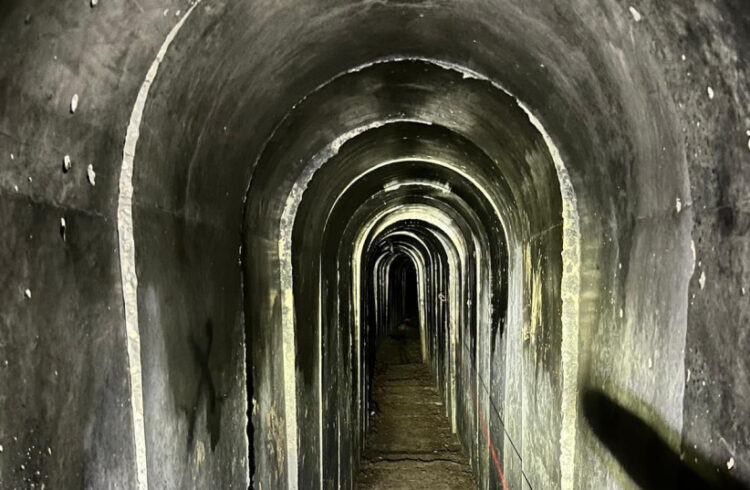
In the last few weeks, U.S. President Joe Biden has increasingly criticized Israel’s conduct of the war and demanded a ceasefire so that the hostages can be released. He has not cut off the flow of arms to Israel, but has warned Netanyahu that the U.S. would reassess its relationship with Israel if the humanitarian crisis continues to fester.
In a sign of the times, the former Speaker of Congress, Nancy Pelosi, was among a group of several dozen Democrats to urge Biden to halt the sale of offensive weapons to Israel. Like many of her fellow Democrats, Pelosi is pro-Israel, but is appalled by the civilian death toll in Gaza.

This humanitarian crisis, mainly a product of Hamas’ deplorable tactic of cynically using civilians as human shields, has played havoc with Israel’s war efforts and aims in Gaza. It has taken the Israeli government time to recognize and appreciate this clear and present problem, which may yet prevent the Israel Defence Forces from finishing off Hamas’ military capabilities.
The unresolved hostage issue is an impediment to Israel as well. According to the Israel Democracy Institute, 47 percent of Israelis prioritize the return of the hostages over the defeat of Hamas, while only 42 percent think that the removal of Hamas is of the utmost importance.
These figures place Netanyahu and his war cabinet in an uncomfortable position and embolden Hamas, which seeks a permanent ceasefire and Israel’s full withdrawal from Gaza. These demands, which have been correctly described as “delusional” by Netanyahu, exacerbate the impasse that has developed over the fate of the hostages.
The relatives and friends of the hostages have staged nation-wide demonstrations on their behalf, imploring Netanyahu to accede to a deal that would lead to their release.
Still other demonstrators have demanded Netanyahu’s resignation and new elections, claiming he is prolonging the war in the interests of preserving his government. Benny Gantz, a member of the war cabinet and a former defence minister, has also called for fresh elections.
As fighting in Gaza and along Israel’s border with Lebanon rages, many Israelis who were evacuated from their homes in northern and southern Israel in October have yet to be granted permission to return. The depopulation of these areas is a psychological and economic blow to Israel and a source of glee to its enemies, whose undisguised goal is to render the country uninhabitable and ripe for conquest.
Israel is surely in dark place today, but its survival is not in doubt, no matter what Hamas, Iran or Hezbollah may think or desire.
